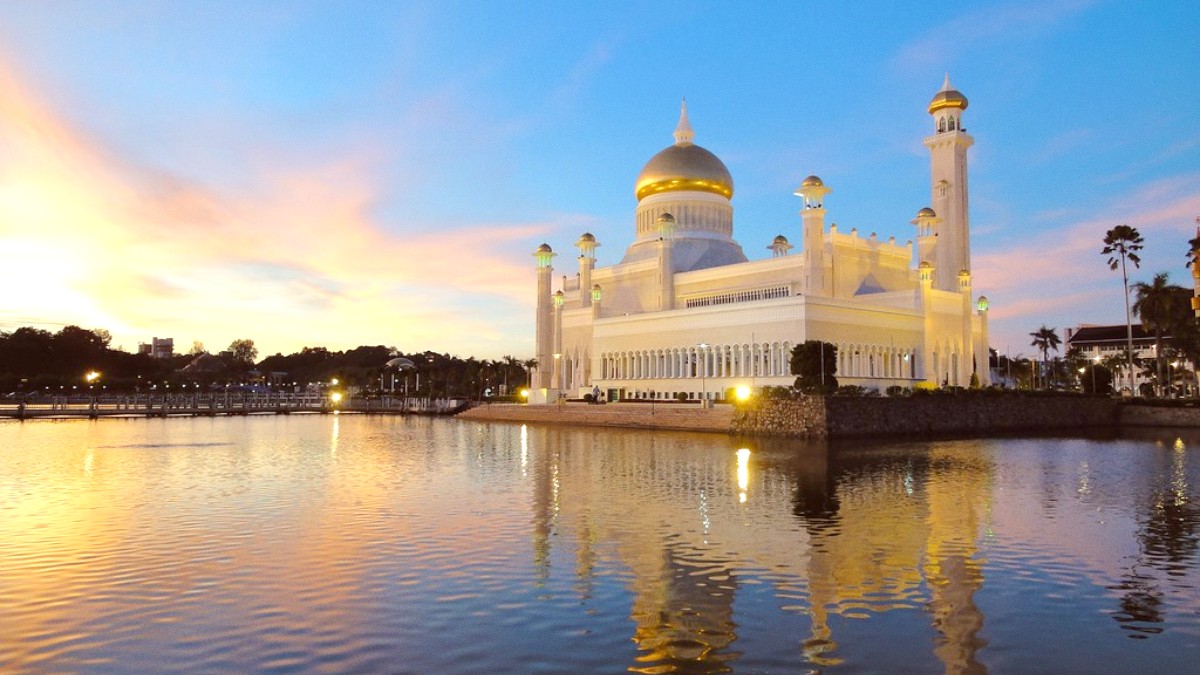
Brunei
Ulu Temburong National Park exemplifies Brunei's rainforest conservation. Park access is highly regulated to minimize human impact and protect biodiversity. Brunei has a high percentage of main rainforest remaining.
Consider carbon offset programs for your flights to Brunei. While local initiatives might be limited, contributing to global programs helps mitigate your travel's environmental footprint. Terrapass is an option.
Waste management improves in urban areas but can be basic elsewhere. Recycling facilities exist, but are not widespread. Minimize waste, carry a reusable water bottle, and avoid excessive packaging. Products from Package Free Shop are a good start.
Cultural sensitivity is for positive interactions and preserving local traditions.
Kampong Ayer: Efforts preserve its traditional lifestyle alongside modernization. This balance maintains unique heritage. The Royal Regalia Museum displays Bruneian heritage.
Be mindful of people's privacy, especially in residential areas like Kampong Ayer. Avoid intrusive photography.
Few properties explicitly market themselves as eco-friendly in Bandar Seri Begawan.
Support the local economy directly and avoid practices that cause harm.
Direct community-based tourism initiatives are limited. You can still support local economies by choosing local eateries and purchasing goods from local markets. This puts money directly into the hands of local businesses and individuals.
Explore Ethical ToursSeek out locally made handicrafts and support small, independent vendors. This ensures fair compensation for their work. Inquire about the origin of products if you are unsure. Brunei has strict laws and a high standard of living, which reduces risks of exploitation of labor or children in tourism. Remain aware and report any suspicious activities.